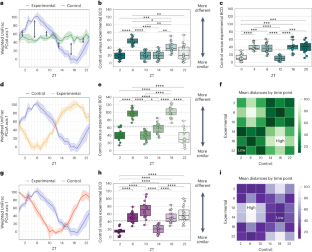2024-07-01 バッファロー大学(UB)
<関連情報>
- https://www.buffalo.edu/news/releases/2024/07/Thymectomy-benefits-myasthenia-gravis-Neurology.html
- https://www.neurology.org/doi/10.1212/WNL.0000000000209482
胸腺の外科的切除は有害な結果をもたらすのでしょうか? Does Surgical Removal of the Thymus Have Deleterious Consequences?
Henry J. Kaminski, MD; Linda L. Kusner, PhD; Gary R. Cutter, PhD; Rozen Le Panse, PhD; Cameron D. Wright, MD; Yaron Perry, MD; and Gil I. Wolfe, MD
Neurology Published:May 23, 2024
DOI:https://doi.org/10.1212/WNL.0000000000209482

Abstract
The role of immunosenescence, particularly the natural process of thymic involution during aging, is increasingly acknowledged as a factor contributing to the development of autoimmune diseases and cancer. Recently, a concern has been raised about deleterious consequences of the surgical removal of thymic tissue, including for patients who undergo thymectomy for myasthenia gravis (MG) or resection of a thymoma. This review adopts a multidisciplinary approach to scrutinize the evidence concerning the long-term risks of cancer and autoimmunity postthymectomy. We conclude that for patients with acetylcholine receptor antibody-positive MG and those diagnosed with thymoma, the removal of the thymus offers prominent benefits that well outweigh the potential risks. However, incidental removal of thymic tissue during other thoracic surgeries should be minimized whenever feasible.


